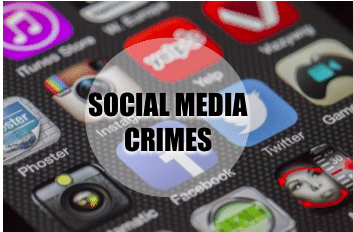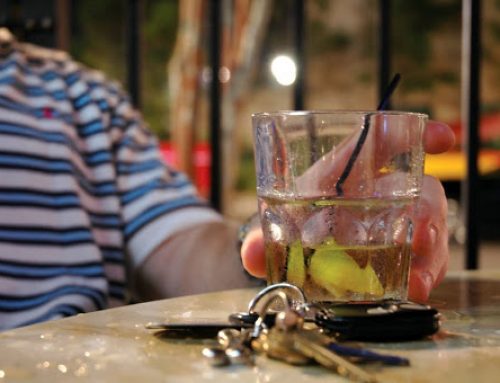Social Media Crimes
Social Media Crimes

Social media may help improve connectedness with real and online communities. That is why government agencies and law enforcements turn to social media. Police departments have a social media presence. Law enforcement agencies use social media to engage with the community and sometimes to find evidence and incriminating information.
Popular social media platforms allow law enforcement departments to reach out to an entire group of people or community. One tweet, for example, can notify followers of useful information in real-time. The information posted could include crime tips, severe weather notifications, or Amber Alerts. With social media, law enforcement can share content that will prevent crime and keep people safe. Even citizens can post or tweet to police accounts as a way of sharing a tip, instead of calling “911”. The relations that social media provides the police departments and their communities can be positive and helpful.
Intelligence collected via social media, on the other hand, can be useful for police. Social media may be used as a tool for busting criminal activity, or looking at evidence to build a case against a suspect. There are careless and overconfident criminals who do post information on Twitter or Youtube or Facebook. This information has helped prove their guilt. Sometimes criminals will post a video of a crime on social media.
Crimes occur on social media. The most commonly reported crime involves threats, bullying, harassment, or online stalking. Victims of these types of crimes can call the police. Hacking and fraud are also crimes that happen on social media sites. Creating a fake account, impersonating someone else, or fraudulently logging into another person’s accounts could be punishable like fraud. As videos are posted of criminal activity, prosecutors can rely on these videos to make an arrest or even convict criminals of violent crimes.
Just because you can buy it on the internet does not mean it is legal. Criminal defense attorneys often handle cases where individuals unknowingly purchase illegal substances online. It is illegal to connect over social media to make a business connection to buy drugs or other banned products. When a person posts on several social media sites that they are on vacation, a criminal or burglar easily discovers the next victim. By making your vacation status updates public, potential robbers can easily know when you are going to be away. If you find yourself in legal trouble due to online activity, don’t hesitate to contact us for professional legal guidance

My AZ Criminal Defense Lawyer
Mesa Location:
1731 West Baseline Rd., Suite #100
Mesa, AZ 85202
Office: (480) 448-9800
Glendale Location:
20325 N 51st Avenue Suite #134, Building 5
Glendale, AZ 85308
Office: (602) 509-0955
Tucson Location:
2 East Congress St., Suite #900-6A
Tucson, AZ 85701
Office: (520) 441-1450
Avondale Location:
12725 W. Indian School Rd., Ste E, #101
Avondale, AZ 85392
Office: (623) 499-4222






